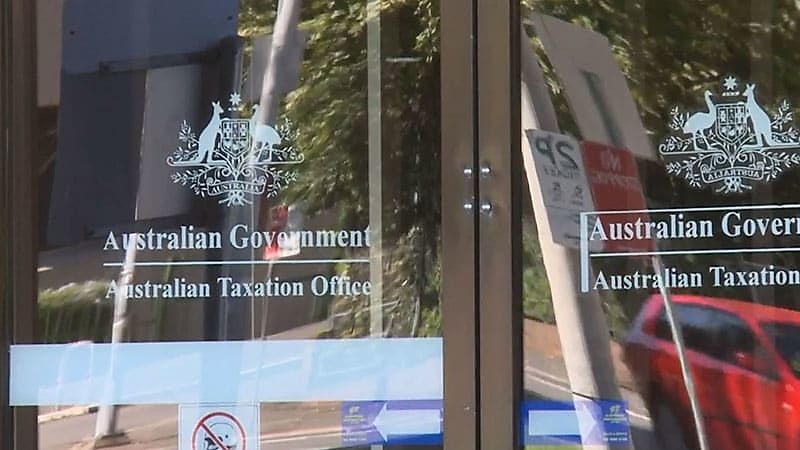ATO issues warning on SMSF scams
The ATO has warned it is seeing an increase in illegal early release and tax-avoidance schemes specifically targeting SMSFs.
These include illegal early release schemes that encourage people to set up an SMSF and use their super benefits for personal purposes and tax avoidance schemes that encourage people to channel money inappropriately into their SMSF to avoid paying tax.
The regulator warns that although retirement and tax planning is permitted it can only be done when carried out within the tax and superannuation laws.
It stated it is illegal for anyone to benefit from an SMSF outside of its sole purpose of providing retirement benefits to its members and said a fund may risk losing some or all of its retirement savings and receive serious penalties.
Trustees can also be disqualified which could result in the fund being wound up.
One of the key issues under concern is SMSF dealings (or transactions) involving parties and the consequences of not dealing on an arm’s length basis.
Many of the illegal schemes have common features including artificial or contrived arrangements with complex structures around an existing or new SMSF, and the involvement of seemingly unnecessary steps or transactions.
They are also designed to give the taxpayer minimal or zero tax or even a tax refund and aim to bring forward a tax benefit.
The ATO has listed a number of schemes of which SMSFs should be wary. The major schemes deal with property and related-party property development ventures.
“Whilst an SMSF can invest directly or indirectly in property development ventures, extreme care must be taken,” the ATO states.
“Some arrangements can result in significant income tax and superannuation regulatory risks. And could potentially include the application of the NALI provisions and breaches of regulatory rules about related party transactions.”
Another property scheme involves the legal life interest of property which happens when an SMSF member or other related entity grants a legal life interest over commercial property to a SMSF and the rental income diverted to the SMSF is taxed at a lower rate without full ownership of the property ever transferring to the SMSF.
Non-concessional cap manipulation has also been raised as a concern by the ATO and involves SMSF members deliberately exceeding their non-concessional contributions cap to manipulate the taxable and non-taxable components of their superannuation account balances.
Additionally, the ATO is also looking for dividend stripping occuring when shareholders in a private company transfer ownership of their shares to a related SMSF so the company can pay franked dividends to the SMSF and strip profits from the company in a tax-free or concessionally taxed form.
Other lesser-known schemes include personal services income where an individual (with an SMSF often in pension phase) diverts income earned from personal services to the SMSF to be concessionally taxed or treated as exempt from tax.
Mezzanine lending has also been highlighted by the ATO and involves lending by the SMSF with complex intra-group lending arrangements that provides finance and asset protection. The intra-group entities assume the risk, but the SMSF receives all of the profit from the arrangement.
Asset protection schemes can also put an SMSF at risk and involve arrangements that claim to protect SMSF assets from creditors by mortgaging them to an asset protection trust (known as a ‘Vestey Trust’) present a compliance risk.
Finally, the regulator has also issued a warning on the inappropriate use of reserves. It states that while many existing reserves in SMSFs may have come legitimately from legacy pensions that are no longer available, there are very limited appropriate circumstances where new reserves could be established and maintained in SMSFs. Structures using reserves designed to bypass super balance and transfer balance cap measures will attract its scrutiny.








